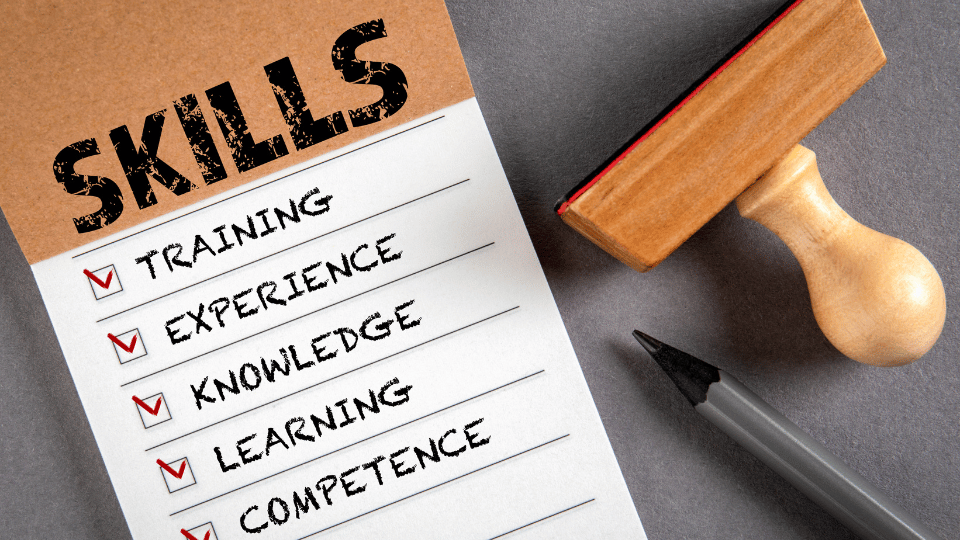The Role of HR in Defense Industry Skill Enhancement & Training

Introduction
The defense industry faces constant transformation, driven by evolving threats, technological innovation, and mission-critical demands. To remain effective, organizations must do more than hire skilled professionals—they must also continuously train, reskill, and enhance workforce capabilities. In this landscape, Human Resources (HR) plays a vital role in building and sustaining the defense industry’s skill pipeline.
Why HR is Central to Defense Workforce Development
Human Resources departments are no longer just administrators of recruitment—they are strategic architects of workforce readiness. By aligning training initiatives with mission priorities, HR ensures that defense personnel possess the skills necessary to address today’s challenges. Whether it’s aligning recruitment with national security priorities or developing career-long training frameworks, HR acts as the bridge between government mandates, contractors, and employees.
Identifying Skill Gaps in Defense Industry Roles
Defense projects increasingly require expertise in cybersecurity, artificial intelligence, unmanned aerial systems, and advanced engineering. HR teams conduct workforce planning and skill gap analysis to anticipate these needs before they impact operations. From security clearance requirements to specialized certifications, HR ensures the right people are positioned in the right roles at the right time.
HR-Driven Training & Development Strategies
Training in defense must go beyond compliance checklists—it requires robust, multi-layered learning approaches. HR departments are leveraging:
Partnerships with specialized defense training providers
Learning Management Systems (LMS) for scalable education
Mentorship programs and on-the-job simulations
Continuous education programs in collaboration with organizations like SHRM
These strategies help employees remain agile, adaptable, and mission-ready throughout their careers.
Supporting Compliance and Security Standards
In defense, skill enhancement is inseparable from compliance. HR is tasked with ensuring employees meet Department of Defense standards and maintain valid certifications. This involves integrating training with conducting thorough background checks for defense industry hires and ensuring that every professional is cleared for secure environments. For additional guidance, organizations look to resources like the U.S. Department of Defense – Workforce Development.
The ROI of HR-Led Training Initiatives
Investing in HR-driven training creates measurable returns. When employees are well-prepared, organizations experience:
Reduced turnover and rehiring costs
Improved alignment with project milestones and delivery
Greater workforce resilience in mission-critical environments
By ensuring that personnel are ready to adapt, HR supports operational success and helps accelerate defense project timelines.
Conclusion
The defense industry cannot thrive without a workforce that is skilled, agile, and mission-focused. HR’s role extends far beyond recruitment—it is the engine that drives training, reskilling, and professional development for defense personnel. By investing in HR-led initiatives, organizations ensure long-term readiness and strengthen their ability to meet evolving national security priorities.
